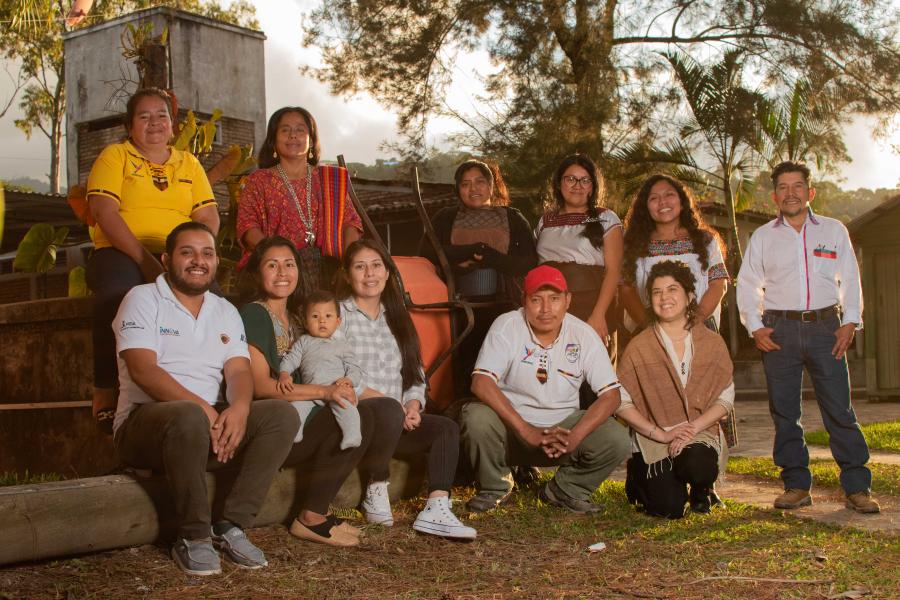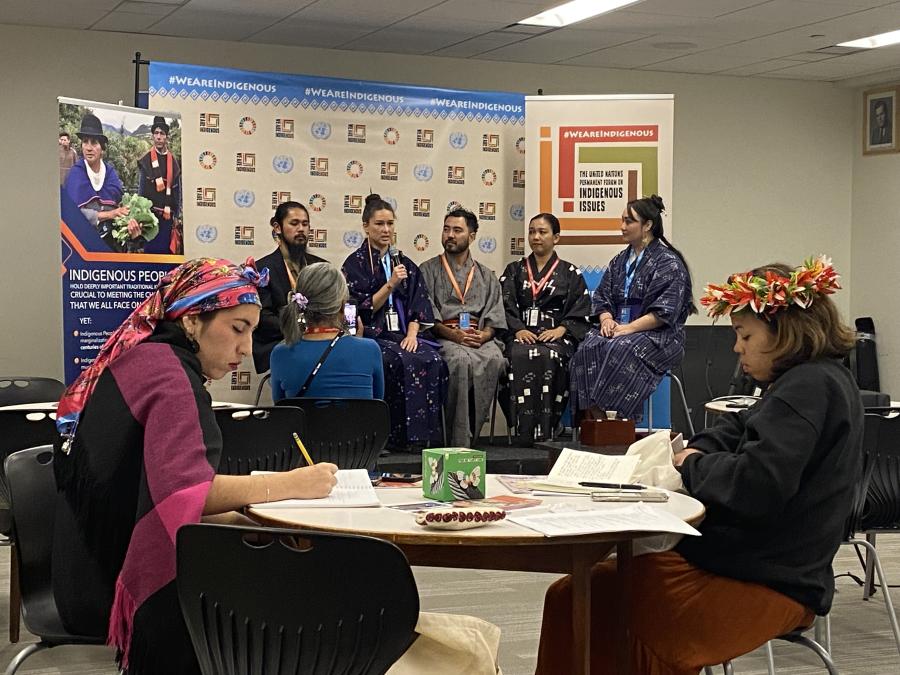According to a recent ABC News Closeup, "Swords, Plowshares, and Politics", the Human Rights Division of the United Nations has spent US $10.5 million in the past two years. Only five percent was spent on field investigation of human rights violations. The rest of the money went to travel, salaries, printing and conferences.
The Human Rights Division, which investigates human rights violations, is also responsible for promoting human rights and developing international instruments (such as covenants) to ensure or protect human rights. Nevertheless, it is astounding that so little of the budget is spent exposing the human rights violations that occur daily throughout the world.
Money for human rights work is scarce. For ten years, Cultural Survival, despite a slow start, has kept overhead costs at 16.4 percent. The average yearly expenditures are as follows:
Projects 60%
Publications 11
Conferences 3
Educational Events 9
Library Materials 1
Other (Salaries, Rent,
Supplies, Telephone, 16
Promotion)
These figures reflect our commitment to work directly with indigenous people and to make critical information available to them, professional planners and the general public. This year we are, however, at a crucial juncture. After this issue of CSQ, we must eliminate non-contributing readers from our mailing list, as money spent on printing and mailing could be funnelled instead to projects.
We hope that all of you will continue to receive CSQ by sending your contribution today.
Future Quarterlies
Individuals or organizations are invited to contribute articles of four or five pages for future issues of CSQ. In addition to articles of general interest, the next four issues will focus on the following topics as they relate to tribal societies and ethnic minorities.
The Sale and Collection of Primitive Art October 15, 1982
Satellite and Mass Communications January 1, 1983
Religious Change, Forced Conversion or March 15, 1983 Missionary Work
Employment and Labor Migration August 1, 1983
Due to the overwhelming response to these paper requests, we cannot guarantee that all articles will be used. If you are interested in submitting an article, you should contact us ahead of time to discuss its content.
Longer papers or collections of essays can be submitted for publication as Occasional Papers.
Article copyright Cultural Survival, Inc.



